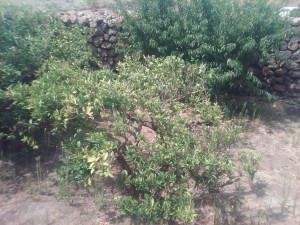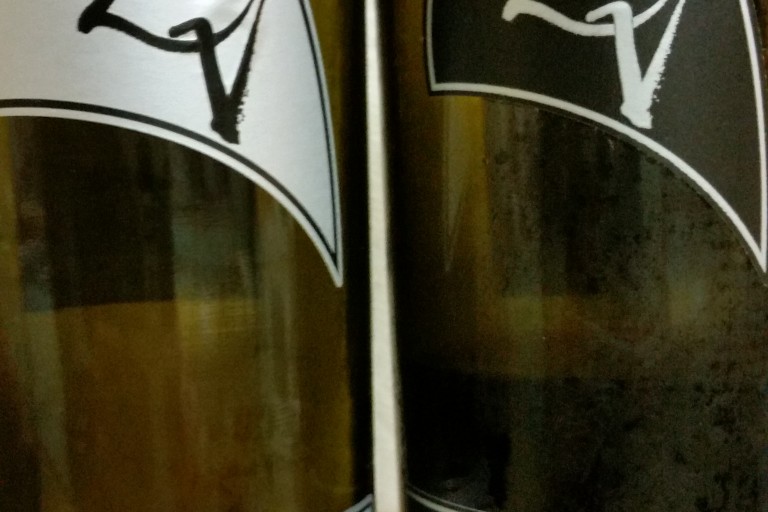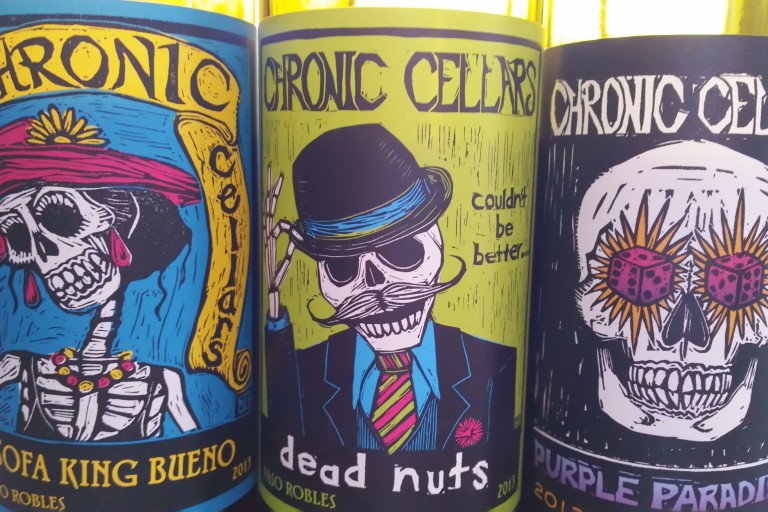Live well, then die: isn’t that what we all really want?
Whenever I hear boasts that the latest nutrition study will show me how to live longer, I think they’re missing the point. It’s not that I want to eke out my existence to 120. What I really want is a completely healthy life, and an extremely short road to death. If I can’t spontaneously combust (my current deathwish preference) then I am adamant about spending as little time as possible on the way out of the world.
Turns out, there’s a new scientific field that has not only named this phenomenon (issue? fairy tale?) but is also working on making it happen. It’s called compressing morbidity. Not something that rolls off my tongue, but there’s a layman’s term for this concept: healthy longevity.
 There are a few simple things we can do about it, I learned last week, at an Oldways symposium on the Mediterranean Diet. It was held in the middle of the Mediterranean Sea, on the island of Pantelleria where I have wanted to go ever since I heard of their incredible passito wines – but that’s a story for later on. Anyhow, a bunch of us who deal in food and wine in various capacities assembled to learn how to live longer — better. We had the foods every day, too. (I think I am a little younger than when I left home last weekend.)
There are a few simple things we can do about it, I learned last week, at an Oldways symposium on the Mediterranean Diet. It was held in the middle of the Mediterranean Sea, on the island of Pantelleria where I have wanted to go ever since I heard of their incredible passito wines – but that’s a story for later on. Anyhow, a bunch of us who deal in food and wine in various capacities assembled to learn how to live longer — better. We had the foods every day, too. (I think I am a little younger than when I left home last weekend.)
Olive oil and capers were the focus here, as Pantelleria is an arid windswept island, closer to Africa than to Italy — yet it’s part of Italy. Olive trees and caper plants are two of the few things they can grow here, and even so they plant them in little wells or depressions in the volcanic soil, to conserve even the dew to water the plants. 
Back to the health stuff. Inflammation causes ageing. Anti-oxidants reduce inflammation. Guess what’s full of anti-oxidants? Olive oil and capers. And the anti-oxidant properties work even better when they are combined with other healthy foods. And it looks like the baby boomers are finding this out, now that the oldest have hit the critical age of 65 when you either start ageing well – or you don’t.
Exercise and stress-reduction also play a part in this. But since I’m not an expert in any of these fields, I can’t officially advise you on this. I can only tell you what I learned.
For instance, it’s great to use lower fats or healthy oils like canola instead of butter and margarine. But it’s even better to use olive oil. 
• Don’t buy the finest extra virgin olive oil for cooking, it costs too much and you lose the subtle flavors when you heat it.
• Do look for a blend with some extra-virgin olive oil.
• Don’t store it next to the stove, in a bright, hot place.
• Do put the bottle away in a low cabinet when you’re not using it.
OK, that’s all for now. I’m on my way home, with a lot of sea-salt-preserved capers in my luggage right now: more about capers as soon as I get to cooking with them…


